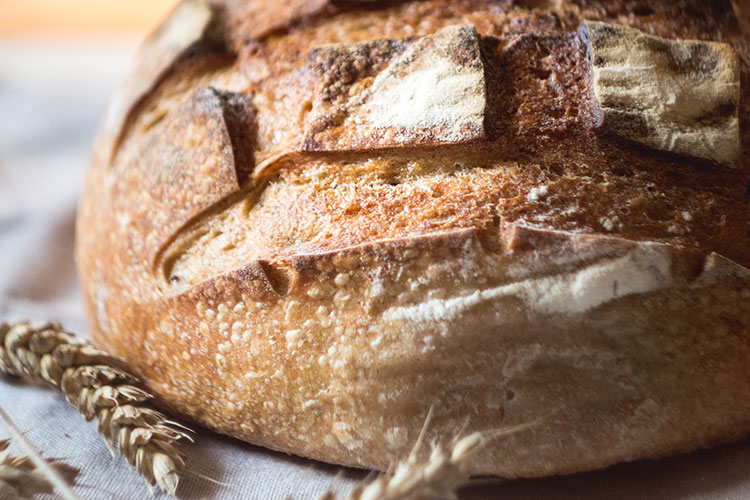Fermentation plays a key role in the production of many foods and beverages drawn from a variety of categories. But what exactly is it?
At its most basic, fermentation is the process in which a substance breaks down into a simpler substance. Microorganisms like yeast and bacteria usually play a role in the fermentation process, creating beer, wine, kimchi, yogurt and, yes, bread.
Because the culture and micro-organism used are different in each substrate, each fermented food has its own particular taste. What they have in common, however, is just as important: through control and monitoring, the fermentation process makes foods more flavorful.
In the world of baked goods, how fermentation is managed can impart unique characteristics to different types of bread, like sourdough, said Ricardo Moreira, product manager for Lenexa, Kan.-based Corbion.
“Fermentation is a necessary step in every bread baking process. The role of fermentation—its different stages and factors that influence fermentation—affects the results bakers are looking for.”
As consumers’ preferences evolve to include more complex tastes, Moreira said, the flavors imparted by fermentation are increasingly desirable. And because fermentation is perceived as an artisan technique, bakeries can benefit from adding more fermented ingredients to their bread lineups.
Technology for controlling mold or mold prevention yeast performance, dough development and product quality including the overall taste. Corbion is committed to leverage the natural fermentation process specifically targeted to bakery application, resulting in the premium quality and delicious flavors that consumer prefer.
That, Moreira said, gives bakers many advantages.
“One of the biggest benefits is the ability to use claims that highlight the use of simple, natural ingredients. Sometimes customers don’t want to change the makeup of the product—they just want to eliminate chemical usage. Customers are becoming used to the smell/taste of ferments in these more natural options.”
Corbion’s PuraQ Arome brand, for instance, enhances the qualities that fermentation nationally provides in baked goods, including the development of desirable flavors.
By bringing back some of the natural organic acids that are missed when bakery processes are expedited, PuraQ Arome — a full portfolio of functional solutions — amplifies the delicious, fresh, natural bakery flavor that develops in the fermentation process — a big improvement on the sharp, bitter, sour or off flavors that traditional solutions often yield.
PuraQ Arome products can also help ensure the freshness and stability of finished baked goods by enabling mold inhibition pH modulation without affecting overall dough performance or damaging dough development and tolerance.


